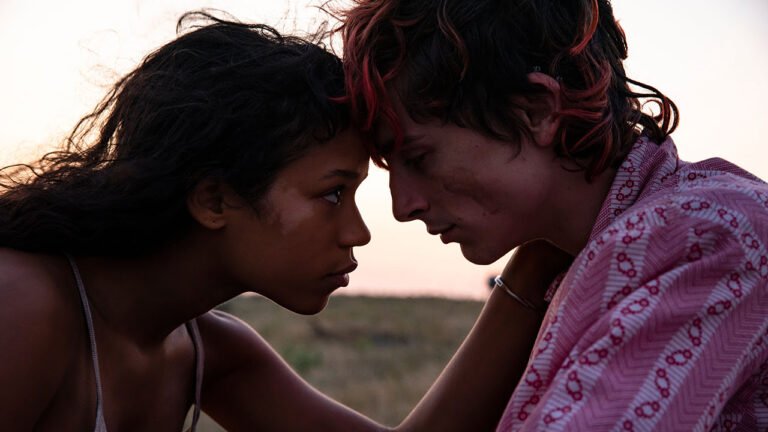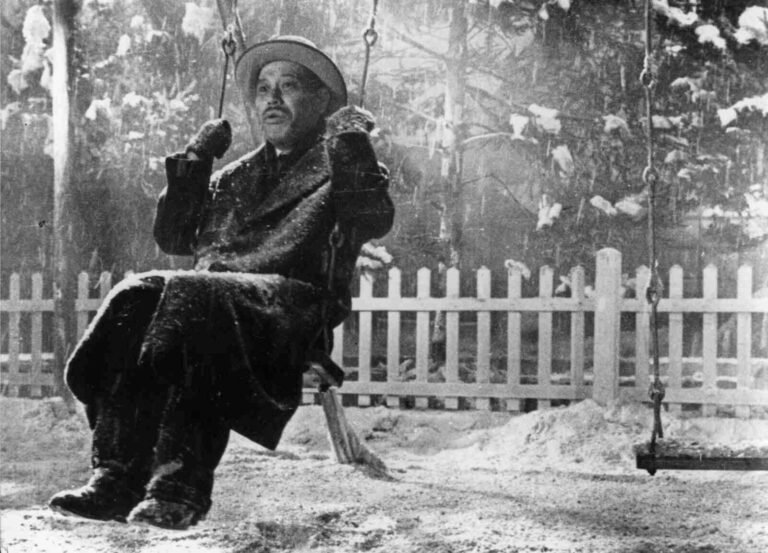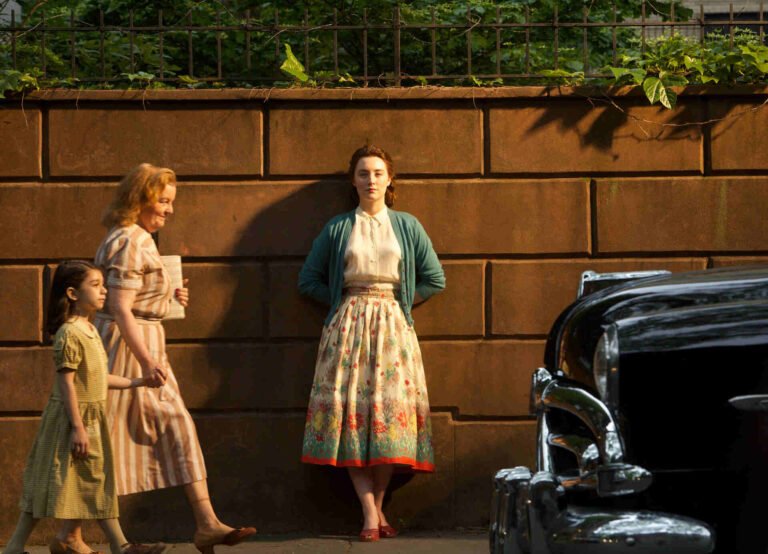

Bones and All
A potent blend of horror and romance that will leave you both disgusted and delighted


Marie Antoinette is the second film that I’ve seen from Sofia Coppola, with the first being Lost In Translation. Once again I was completely taken in by her unique style. She manages to produce a dreamlike quality to a movie that I’ve not experienced anywhere else.
The cinematography feels natural, effortlessly capturing moments of joy and sorrow in a way that feels inclusive to the audience. Coppola uses characters movement and body language to convey how they’re feeling rather than dialogue, which helps to really produce an intimate connection with the viewer. Simple shots of Marie looking through a window can transmit so much emotion, especially when backed by the amazing soundtrack. This doesn’t happen often when I watch a movie but I felt as if I was there in the same room as the characters. I actually checked how long was left a couple of times, not because I was bored but because I didn’t want it to end.
The highlight of the movie was just how good it looked. Lavish sets, decadent food platters and stunning costume design is a staple throughout. Most scenes looked to be shot in natural light, working alongside a pastel colour palette to produce the soft and dreamy atmosphere. I wasn’t surprised when I found out that it won the Academy Award for best costume design, even though I did notice a sneaky pair of converse lurking in one shot! All of this eye candy is not just used for the sake of it, it signifies just how out of touch Marie was with society and just how broken the Monarchy system had become. While peasants were starving, Versailles was burning money on indulgent luxuries.
The story focusses on the life of Antoinette, from when she marries Louis XVI to the beginning of the French Revolution. It’s an unusually sympathetic take on her character; considering how hated she was at the time it would have been a lot easier to vilify her. However, the fresh take on her character works very well, much of her struggles and life growing up are not so different from what children of celebrities face today. I imagine Sofia Coppola took a lot of inspiration from her own life, growing up with a famous father and thrown into the limelight whether ready or not. Antoinette also has an angsty rebellious nature. She wants to be free to go to parties and have fun but is also trapped, having to adhere to the etiquette and behave like a queen. It’s another characteristic that draws a parallel with what current teenagers face. Having to do what is accepted in society, whether you agree or not, and getting your mistakes scrutinised via social media rather than by royal figureheads. Becoming the Dauphine of France at 14 and then Queen at 19 while at the height of her recklessness led her to turn a blind eye to politics. Antoinette’s lavish spending helped to drive the country to ruin but her relatability in the film helps to show what caused her to be like that in a way that makes it seem almost acceptable, considering her circumstances.
My main criticism is that the excitement of the movie fizzles out in the last 20 minutes. As Antoinette starts to fall out of favour, the film loses a bit of its enjoyment factor. Watching her doing the same thing can only entertain for so long. This is mainly down to issues with pacing and tone, the movie flips from optimistic to depressing instantly, rather than slowly changing. I wasn’t a fan of the ending either. Since the movie is a slow progression without any major arcs, you would expect a powerful or inspirational ending to make up for it. What we get instead is an unsatisfactory shot that didn’t invoke any emotion from me. It’s disappointing but since Antoinette was real, you know what happens next, and it only gets worse for her.
The soundtrack to the movie is very controversial, some love it and some loathe it but I’m definitely on the favourable side. For context, the soundtrack is comprised of some very contemporary sounding music along with some of the more traditional symphonies you hear in a period drama. Putting modern songs in a film set in the 18th century was a bold decision, but one that paid off. It’s what joins the dots in the likeness between then and now. Hearing the familiar chords make Antoinette more relatable and the movie more fun. I never thought I’d hear ‘I want candy’ in a film like this and agree with its use, but here we are!
Despite the flaws in its pacing, Marie Antoinette is still fantastic. It perfectly captures the essence of Antoinette’s personality in a way that’s never been done before. The modern retelling of the story is fresh and relevant. It is an exercise in style over substance that matches the shallowness of the people in power at the time. To the people who dislike this film, I say let them eat cake!


A potent blend of horror and romance that will leave you both disgusted and delighted


The master of Thrillers strikes again, with a twisty and seductive Romance that will be sure to leave you shattered


A freewheeling ride through the 1970s San Fernando Valley that’s perhaps too aimless for its own good.


Akira Kurosawa’s striking story of a terminally ill middle-aged man searching for the meaning of life. It’s wonderful.


A brutal and horrifying film that’s ultimately nothing more. From the master of provocation, Gaspar Noé.


A beautiful voyage of self-discovery and one agonising choice. Set in 1950s New York and Ireland.